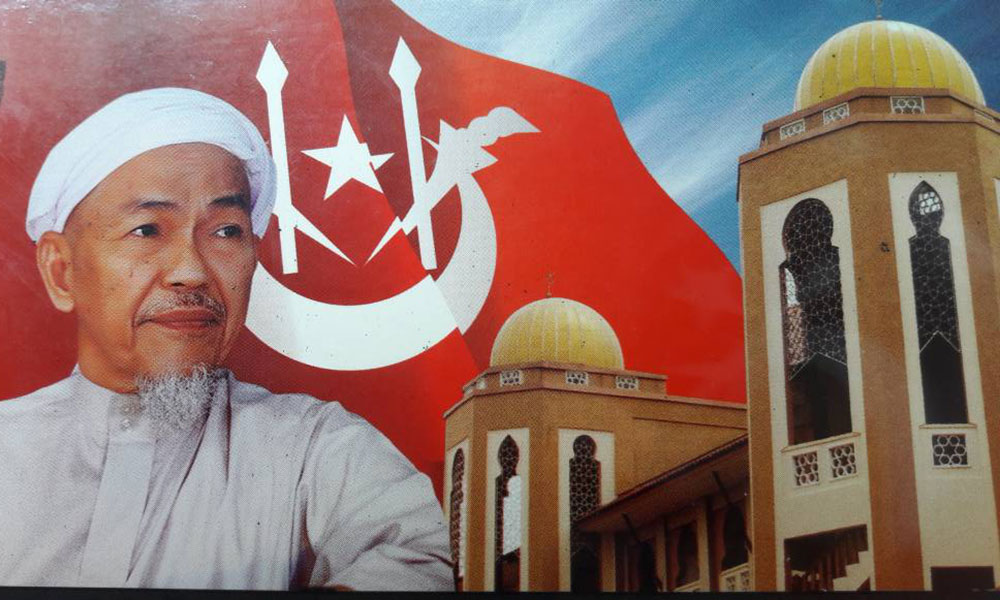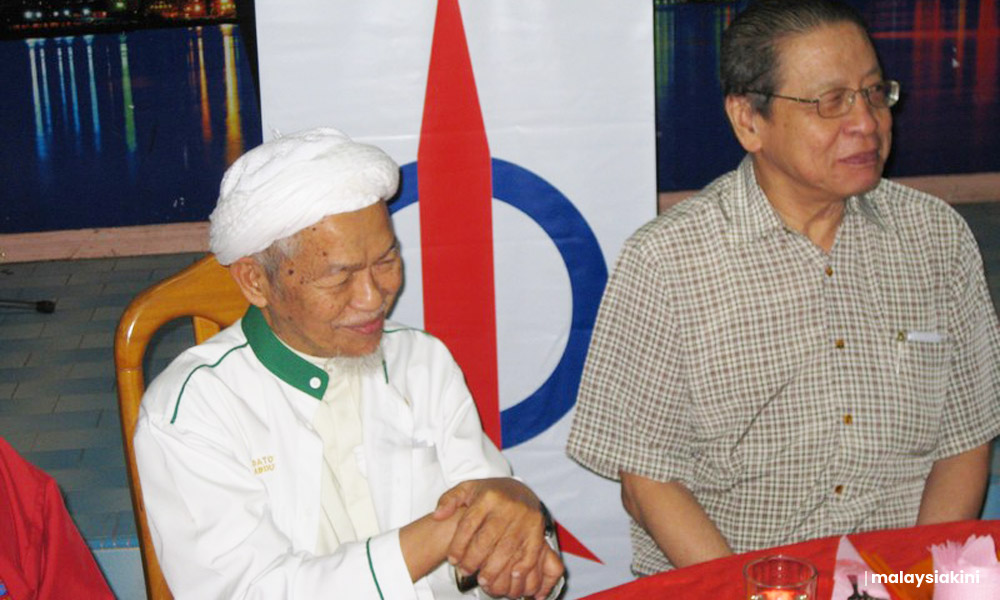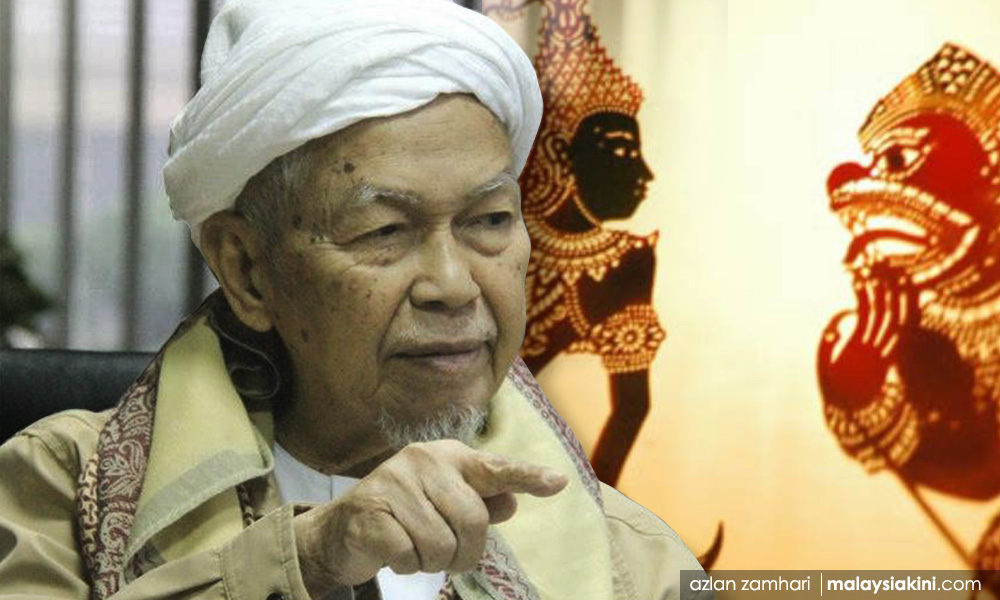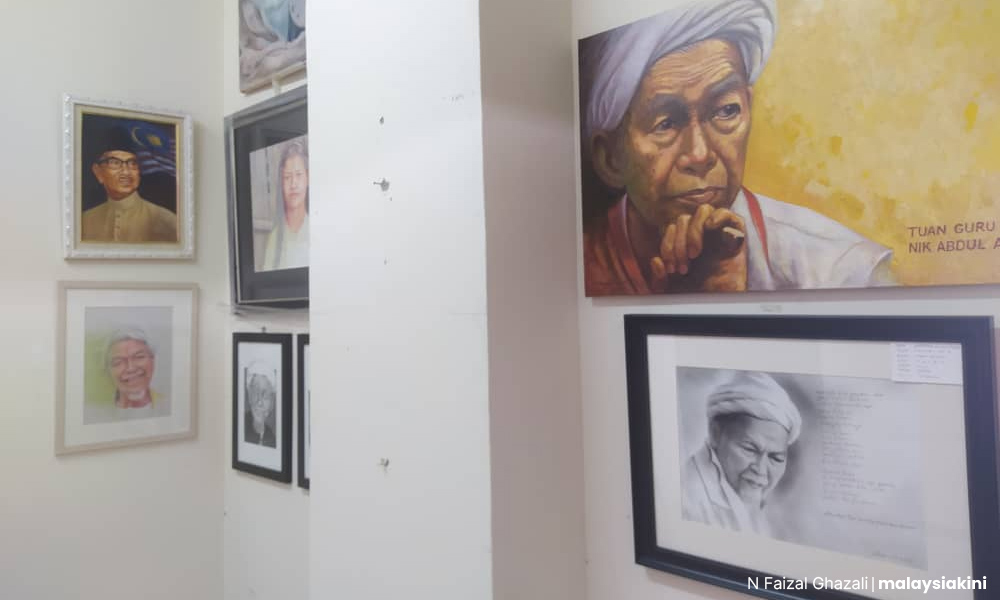Nik Abdul Aziz Nik Mat (1931‒2015), the longest-serving menteri besar of Kelantan, has carved his name in our nation’s history as a highly revered Malaysian politician and Muslim cleric who commanded the respect of Malaysians across the ethnic divide for his non-racial outlook and pragmatic, values-driven politics.
In the words of Farish Noor, a Malaysian political scientist, Nik Aziz “was one of the more pragmatic and realistic leaders” of PAS who transcended ethnic and religious differences. PAS is an Islamic party that seeks to uphold Islamic principles in governance.
Nik Aziz was born on Jan 10, 1931 in Kampung Pulau Melaka, Kota Bharu. He obtained his early education from his own father, a renowned religious teacher besides learning the fundamentals of reading and writing at Sekolah Kebangsaan Kedai Lalat.
He then continued his religious education at the famous Sekolah Pondok Tok Kenali, Kota Bharu.
To further widen his religious knowledge, Nik Aziz enrolled at Darul Uloom Deoband, one of the leading madrasahs in India. He also studied Quranic exegesis in Lahore, Pakistan.
After obtaining a degree in Arabic Studies and a Master’s in Islamic law from Al-Azhar University, Egypt, he returned to Malaya in 1962 and worked as a religious teacher.
In 1963, Nik Aziz married Tuan Sabariah Tuan Ishak. The couple were blessed with ten children, five boys and five girls.
Nik Aziz’s political career began when he joined PAS in 1967. In the same year, he contested and won the by-election for the Kelantan Hilir parliamentary seat (later renamed to Pengkalan Chepa) and most notably retained the seat until 1986.
After PAS fared badly in the 1978 general election, Nik Aziz and Yusof Rawa, who were seen to belong to the “ulama faction” (religious scholars) in the party, succeeded in deposing Asri Muda as PAS president in 1982.
In 1986, Nik Aziz contested and won a state seat, Semut Api (now Chempaka) in Kelantan. On Oct 22, 1990, he reached the pinnacle of his political career when he was appointed Kelantan’s menteri besar after leading PAS to a convincing victory in the state elections.

Subsequently, with the “Membangun Bersama Islam” (Development Through Islam) tagline, together with his charismatic oratory skills and steadfast commitment to Islamic values, he engineered an internal transformation of PAS by attracting professional university-trained technocrats.
Nik Aziz holds the distinction of being Kelantan’s menteri besar for 23 consecutive years (1990‒2013) and the mursyidul am or the spiritual leader of PAS (1991-2015) – a record unrivalled to date and proof of his widespread and enduring popularity among ordinary citizens in particular.
He passed away on Feb 12, 2015, at his residence in Pulau Melaka, Kota Bharu. In 2023, he was posthumously awarded the “Tan Sri” title in recognition of his statespersonship and contributions to the nation.
Pushing PAS to join Pakatan
There are several reasons, besides his sharp political acumen, on why Nik Aziz occupies a special place in our nation’s history.
First, what distinctly differentiates him from other Malaysian Muslim leaders was his pragmatic leadership outlook, which transcended ethnic and ideological differences.
Fully cognisant of the fact that no single political party could govern Malaysia alone, Nik Aziz was instrumental in steering PAS to join DAP and PKR to form the Pakatan Rakyat coalition in 2008.

Second, Nik Aziz will be dearly remembered for his efforts to foster greater unity among all Malaysians, regardless of their ethnic differences.
He famously reiterated once that all of us are descended from Adam, with Eve as our mother. If we accept this reality, we not only attain “pahala”(reward) but can also live in peace and harmony, he added.
Numerous anecdotes abound about how he treated people with utmost respect, regardless of religion or ethnic origin.
For example, former headmaster Jerome Fernandez, who has called Kelantan home for 50 years, narrated a story involving the sponsorship of a dinner by the Kelantan state government for the National Union of the Teaching Profession’s 14th Delegates Conference held at Kota Bharu in 1997.
He was curious as to why Nik Aziz enquired through an official of the menteri besar’s office about the ethnic composition of the conference delegates. The answer was obvious when no beef was served during the dinner despite the presence of Malay delegates, out of respect for the large number of Hindu delegates in attendance.
Jerome also narrated how he personally met Nik Aziz to secure his assistance in getting approval for the renovation and repairs to the Kuala Krai chapel - a request which had been rejected thrice by the local town council.
What touched him immensely was the remark made by Nik Aziz: “A good Muslim will not hinder others from building their house of worship.”

Ever the fair-minded leader, Nik Aziz also expressed his willingness to bear some of the renovation cost of the chapel as he had a special fund for the repairs of non-Muslim houses of worship.
Nik Aziz walked the talk
Third, unlike most politicians today, Nik Aziz was the epitome of “leadership by example”.
Simply put, he walked the talk. He led a humble lifestyle, with a disdain for luxuries and ostentatious displays of wealth, including luxurious cars and mansions.
Upon being elected as the Kelantan menteri besar in 1990, among his first acts was to reduce his official salary by 40 percent and curtail expenditure on official entertainment.
Furthermore, he chose to stay in his own wooden house, and not the menteri besar’s official residence, which he utilised only for official functions or as a place to provide shelter for flood victims in the state.

Fourth and finally, Nik Aziz was an ardent champion of social justice and equality. As an example, on March 1, 2009, he courageously stated that the term “bumiputera” is racist in nature as it deprived other races of receiving government aid.
His reasoning was simple: “In an election, other races are allowed to cast one vote, so are the bumiputeras.”
Thus, he urged the government to form a body to manage aid for all the poor in the country, and not only for the bumiputera.
Indeed, Nik Aziz was a wise and pragmatic political leader. He lived by his Islamic spiritual values whilst acting with fairness towards other Malaysians of different religious backgrounds.
History will also remember him for being instrumental in transforming PAS from a small political party into a national force to be reckoned with. - Mkini
RANJIT SINGH MALHI is an independent historian who has written 19 books on Malaysian, Asian, and world history. He is highly committed to writing an inclusive and truthful history of Malaysia based on authoritative sources.
The views expressed here are those of the author/contributor and do not necessarily represent the views of MMKtT.



No comments:
Post a Comment
Note: Only a member of this blog may post a comment.